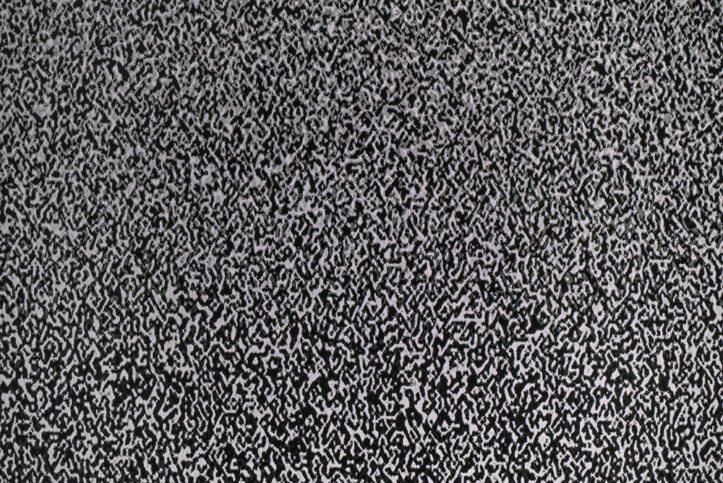Judicial interference – Fairfax criminal lawyer on its role in voir dire
Judicial interference – Fairfax criminal lawyer on its role in voir dire

Judicial interference in jury selection may merit a retrial when not harmless, says Fairfax criminal lawyer
Judicial interference is all too common in too many trials. As a Fairfax criminal lawyer, I see the risk or actuality of a prosecutor in robes, when judges start asking too many questions of witnesses before the jury, coaching prosecutors on how to overcome their errors or downright greenness, or overstepping their bounds in jury selection, also known as voir dire. Praised be the Virginia Court of Appeals for reconfirming that trial judges can be out of bounds — in a way that merits a retrial — when themselves making efforts to rehabilitate a potential juror who has already spewed a bevy of anti-criminal defendant bias, for starters when considering situations where judges do not inquire about such a metamorphosis in a potential juror and instead denying a motion to strike that potential juror, thus forcing the Virginia criminal defense lawyer to use one of their very small number of peremptory strikes to avoid that juror from sitting in judgment over the Virginia criminal defendant. Burton v. Virginia,
Instead of unjust judicial interference, trial judges should simply let Virginia trial judges proceed with their cases
Being a judge presiding at a jury trial can understandably get boring and downright frustrating at times for many or most judges. Here, the judge can go for hours doing little other than rule on a few objections, telling the jury when to take breaks, and excusing the jury for the day. However, we expect the vast majority of trial judge candidates to have plenty of jury trial experience themselves, and to therefore not be surprised at any dull aspects of presiding as a judge over the life and liberty of a Virginia criminal defendant. In other words, boredom, frustration at the pace of the trial, and any other irritations do not justify a judge’s unlawfully or else unjustly engaging in judicial interference with the jury trial process.
A trial judge’s one or two cursory questions to rehabilitate a heavily anti-criminal defendant-biased potential juror will usually not amount to anything more than insufficient and prejudicial incantations
Burton’s Juror P answered lawyer voir dire / jury selection questions with a laundry list of deep-seated anti-criminal defendant biases, including having bias or prejudice for one of the parties, not being able to be fair to either party, believing that illegal firearm possession is “the fruit of the problem), and believing that Burton’s prior felony conviction made him more likely to be guilty in his prosecution at hand. That is hell on wheels. The trial judge’s following judicial intereference in the form of rehabilitation efforts did not cut it on appeal, where the trial judge merely asked Juror P: “[T]he circuit court, itself, interjected in the voir dire and asked Juror P., ‘[d]o you agree with following the [c]ourt’s instructions in reaching a verdict?’ Juror P. replied, ‘I do.’ The court continued, ‘[a]nd that is not an instruction you’ll receive in the—the evidence you receive in court is what you base your decision on.'” Burton. Clearly, that rehabilitation effort risked Juror P’s engaging in pleasing the judge as an authority figure — and perhaps seeming to be the jurors’ only friend in the courtroom — rather than being sincere or a true commitment.
Burton needs to be known by all Virginia trial judges and criminal defense lawyers
As a Fairfax criminal lawyer, I know that Burton is essential reading for criminal defense lawyers, both to argue to the judge to permit cause challenges for removing from the prospective jury pool those who do not belong there, and also to pursue an appeal that is as successful as possible in the light of judicial interference. The essence of Burton is found in this passage from the Virginia appellate opinion: “‘The opinion entertained by a juror, which disqualifies him, is an opinion of that fixed character which repels the presumption of innocence in a criminal case, and in whose mind the accused stands condemned already.’… Further, ‘the juror must be free from prejudice against the accused. He must be able to give him a fair and impartial trial.’… Errors in failing to strike prospective jurors ‘may arise from a lack of evidence to support the [circuit] court’s decision and also from use of a selection procedure which does not result in a fair and impartial jury.'” Burton (citations omitted).
Fairfax criminal lawyer Jonathan Katz fights like hell for your liberty and other vital interests, against Virginia felony, misdemeanor and DUI prosecutions. You will thank yourself for visiting Jon Katz for a free in person initial confidential consultation about your court-pending prosecution. Jon can usually meet with you within a business day of your contact us, at 703-383-1100, Info@KatzJustice.com, or (text) 571-406-7268.

